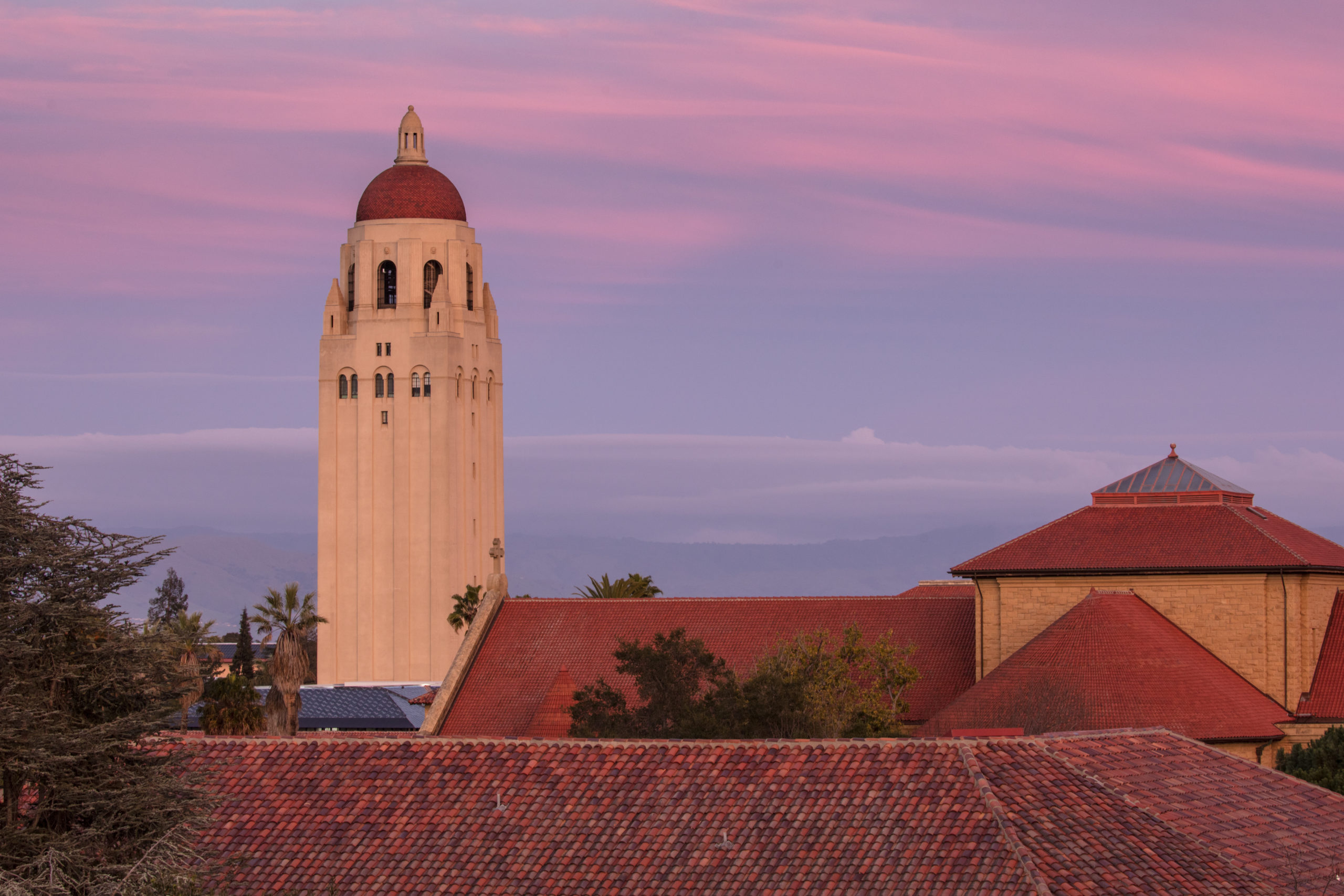The newly-founded Stanford Democracy Initiative, which brings together scholars and community stakeholders to examine Stanford’s role in the promotion of democratic norms nationally and globally, has compiled and released a list of courses, projects and activities at Stanford that the initiative claims advance democracy.
Spearheaded by political science professor Larry Diamond of the Hoover Institution, Karina Kloos of the Center on Philanthropy and Civil Society, president and CEO of the United States-Japan Foundation and previous Distinguished Career Institute Fellow Jacob Schlesinger and Thomas Schnaubelt of the Deliberative Democracy Lab, the initiative has approached completion of its inventory process. Researchers collected information on activities across Stanford that fit the parameters of advancing democracy. According to the initiative’s researchers, 266 courses, 109 research labs and projects and 121 engagement activities at Stanford advance democracy. The initiative’s next step is to develop recommendations as to how to improve and deepen these efforts to advance and understand democracy.
“This is, I think, one of the first times that we’ve really stepped back to take stock of all the things that Stanford is doing, not just in one school or one center, but across the whole university, to advance democracy,” Schnaubelt said.
According to the initiative’s website, Stanford researchers seek to answer the question, “What is Stanford doing – and what can and should we be doing – to understand, defend and advance democratic norms and practices, in the United States and globally?”
According to Schnaubelt, the initiative was formed after some members of Stanford’s Board of Trustees asked Michael McFaul B.A, M.A. ’86, the director of Stanford’s Freeman Spogli Institute for International Studies, about what Stanford is doing to advance democracy. From there, McFaul asked Diamond, a to lead the effort to answer this question, resulting in the birth of the Stanford Democracy Initiative.
The initiative’s team has identified over 60 similar initiatives that other institutions of higher education have started, according to Kloos, some with budgets in the $150-200 million range. Johns Hopkins University, for example, recently launched its SNF Agora Institute on Democracy, which started a similar effort.
“I didn’t know this democracy initiative existed in the first place but I think it’s really interesting,” said Sawyer Williams ’26, a prospective political science major. Williams said that researching how to advance democracy is “super important right now, with the decline of democracy and increasing distrust in our government.”
While a majority of democracy work was found in the schools of humanities and Stanford Law School, the researchers said that they also came across some surprises during their inventory process.
“I was surprised by all of the different offerings of democratic courses and opportunities that Stanford has, especially in the STEM fields,” said Rita Shuster ’26, who is a research assistant on this project.
A particular surprise cited by researchers is a program called ‘Vote ER,’ which aims to promote voter registration among patients in emergency rooms.
“People who work in the emergency room at the Stanford Hospital have badges that have a little QR code on it and as they’re talking with patients, they ask, ‘are you registered to vote?’” Schnaubelt said. “They’ll say, ‘if you’re not registered to vote, scan this QR code and you can get information about how and where and when to vote.’ That’s one of the surprises that we didn’t know about.”
Since the inventory phase, the Democracy Initiative has begun the deliberation phase. From their interviews, the researchers have thus far compiled 19 different ideas for Stanford, as a campus and a community, to move forward on the promotion of democratic norms.
“Next week, we’ll be deliberating those ideas with a set of project advisors, primarily faculty, but we have staff and students,” Kloos said. “We’re going to then be opening up for open deliberation, so those ideas will be made available for other members of the Stanford community to weigh in and share ideas.”
The researchers say they hope the Democracy Initiative will help offer visibility and courses of action for Stanford to advance democracy further, especially in this period of time.
“Globally, democracy has been in decline for more than a decade and a half,” Schnaubelt said. “Universities have a really distinctive obligation because they have resources, they have prestige and with all of that comes an even higher level of responsibility to advance democracy. It’s not just about preparing the next generation; it’s about doing what we can to strengthen the institutions of democracy.”
A previous version of this article reported that there were only 16 initiatives similar to the Stanford Democracy Initiative at other institutions of higher learning. The Daily regrets this error.
